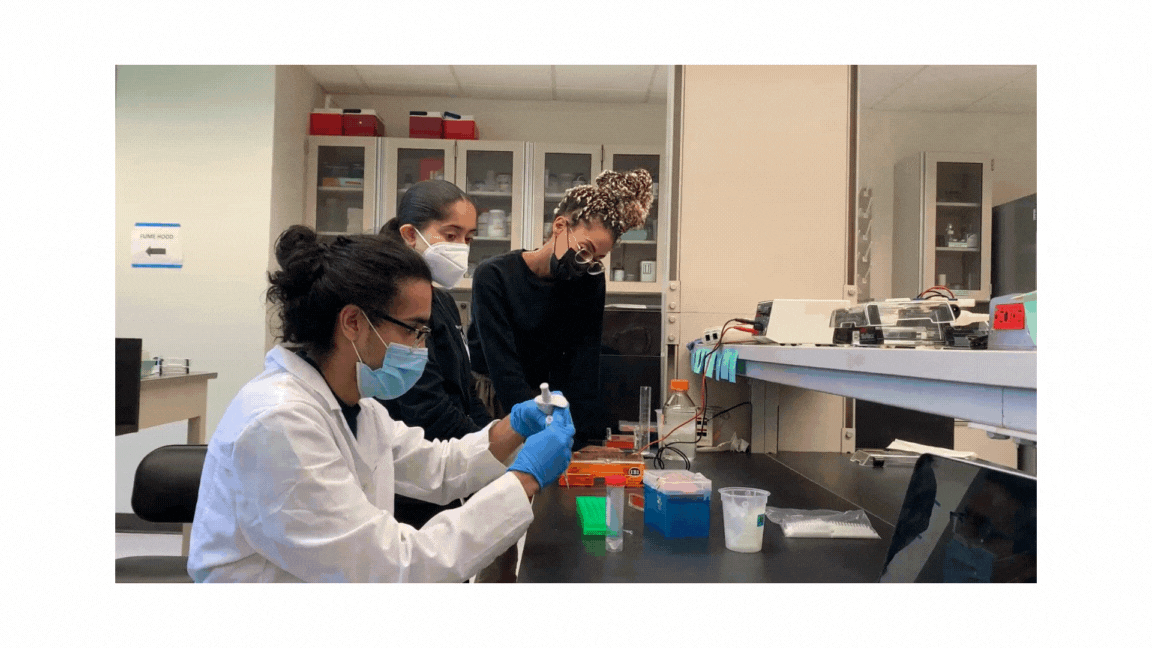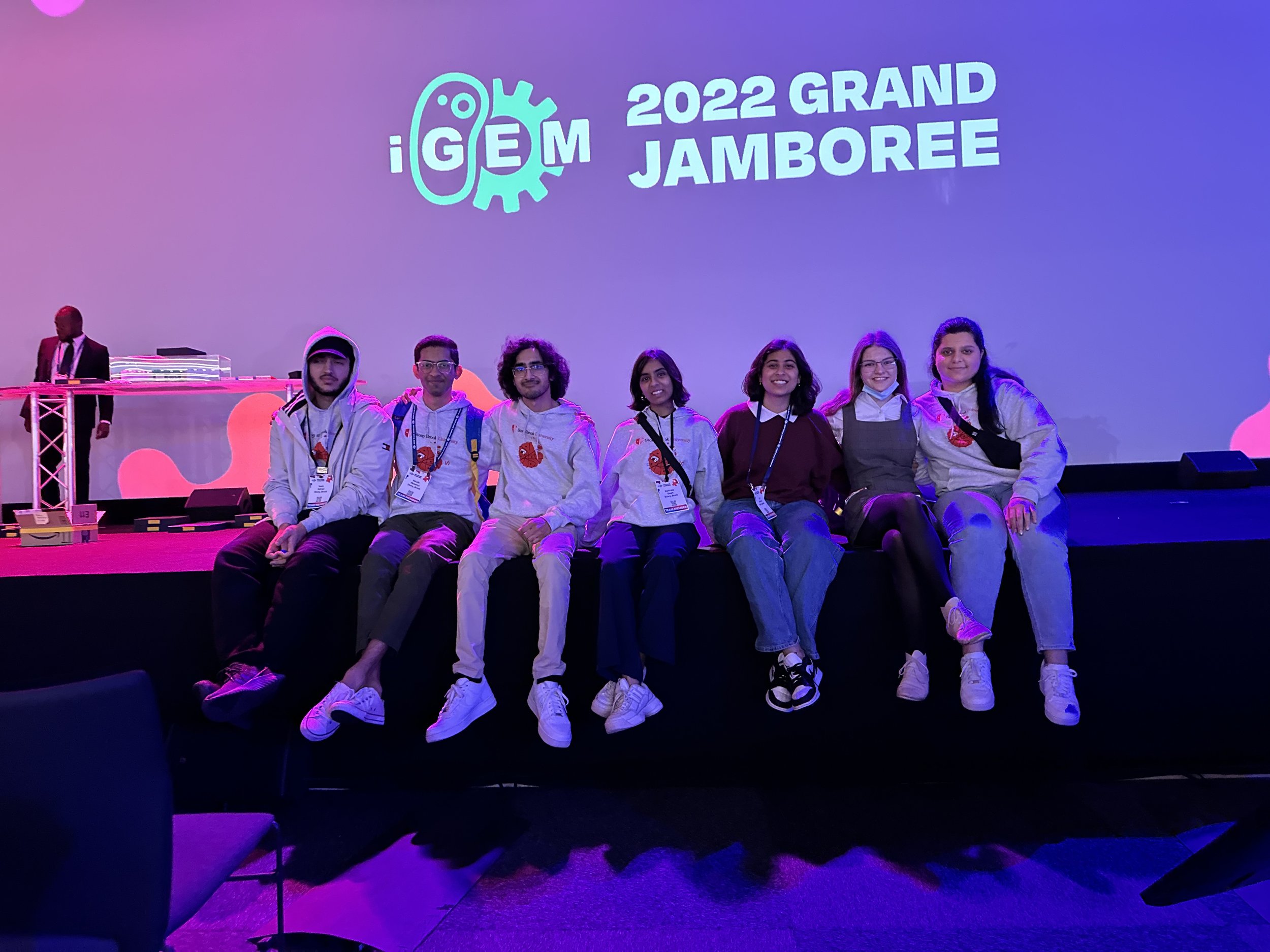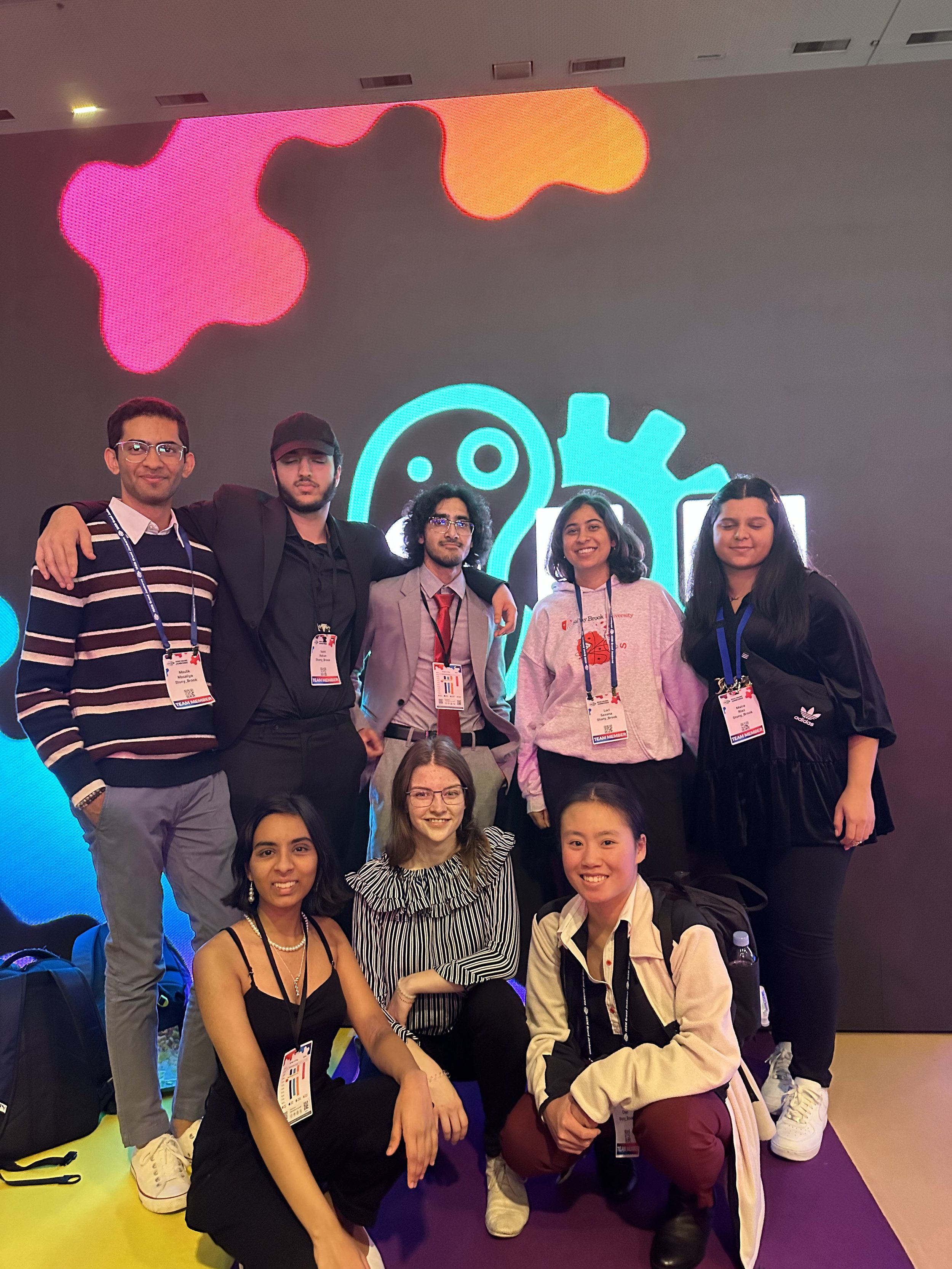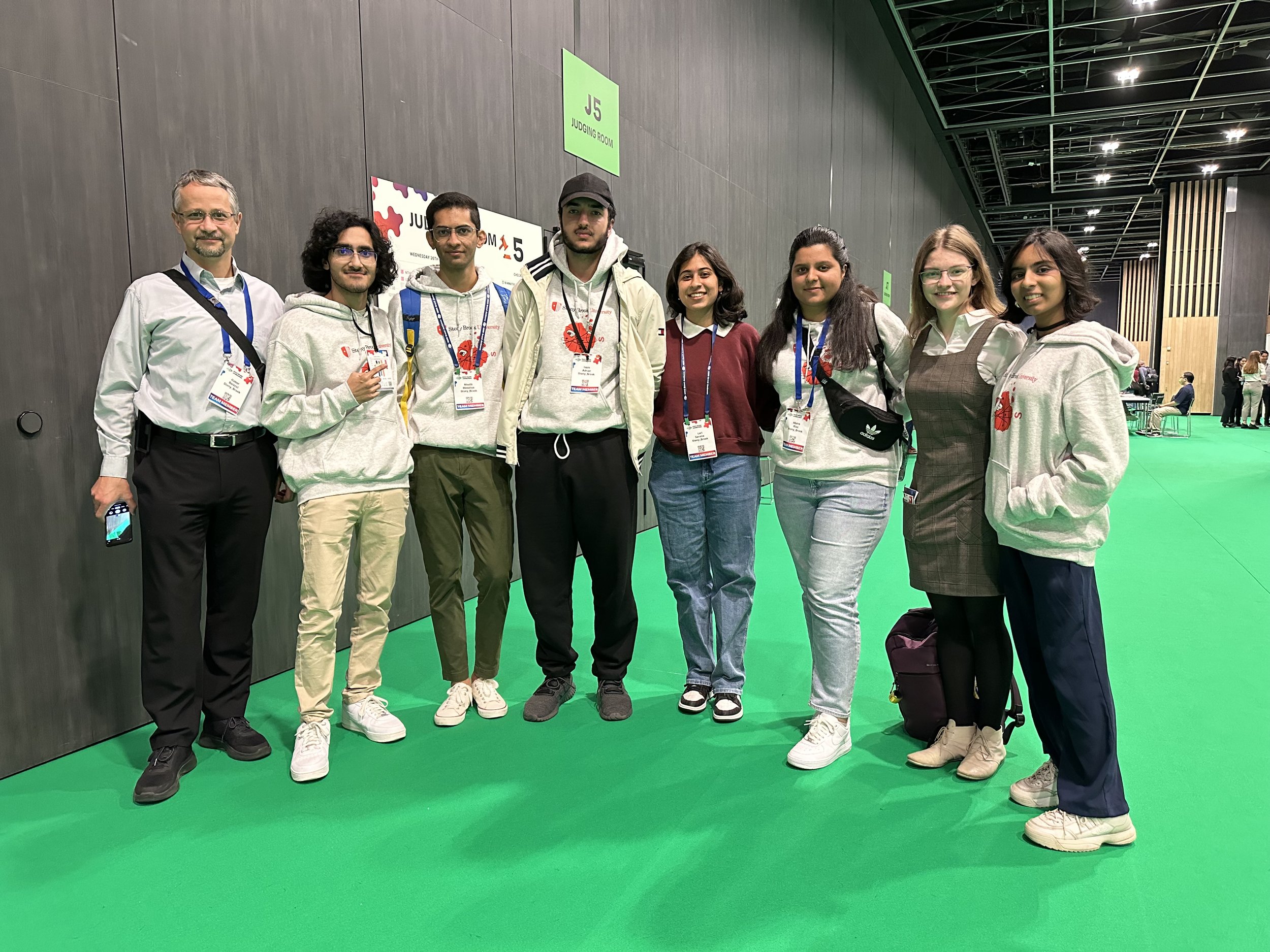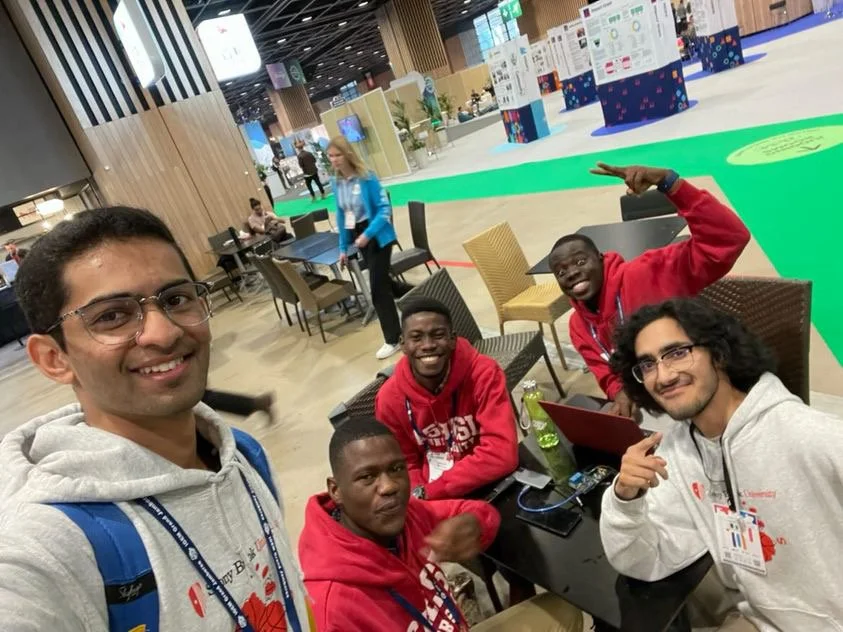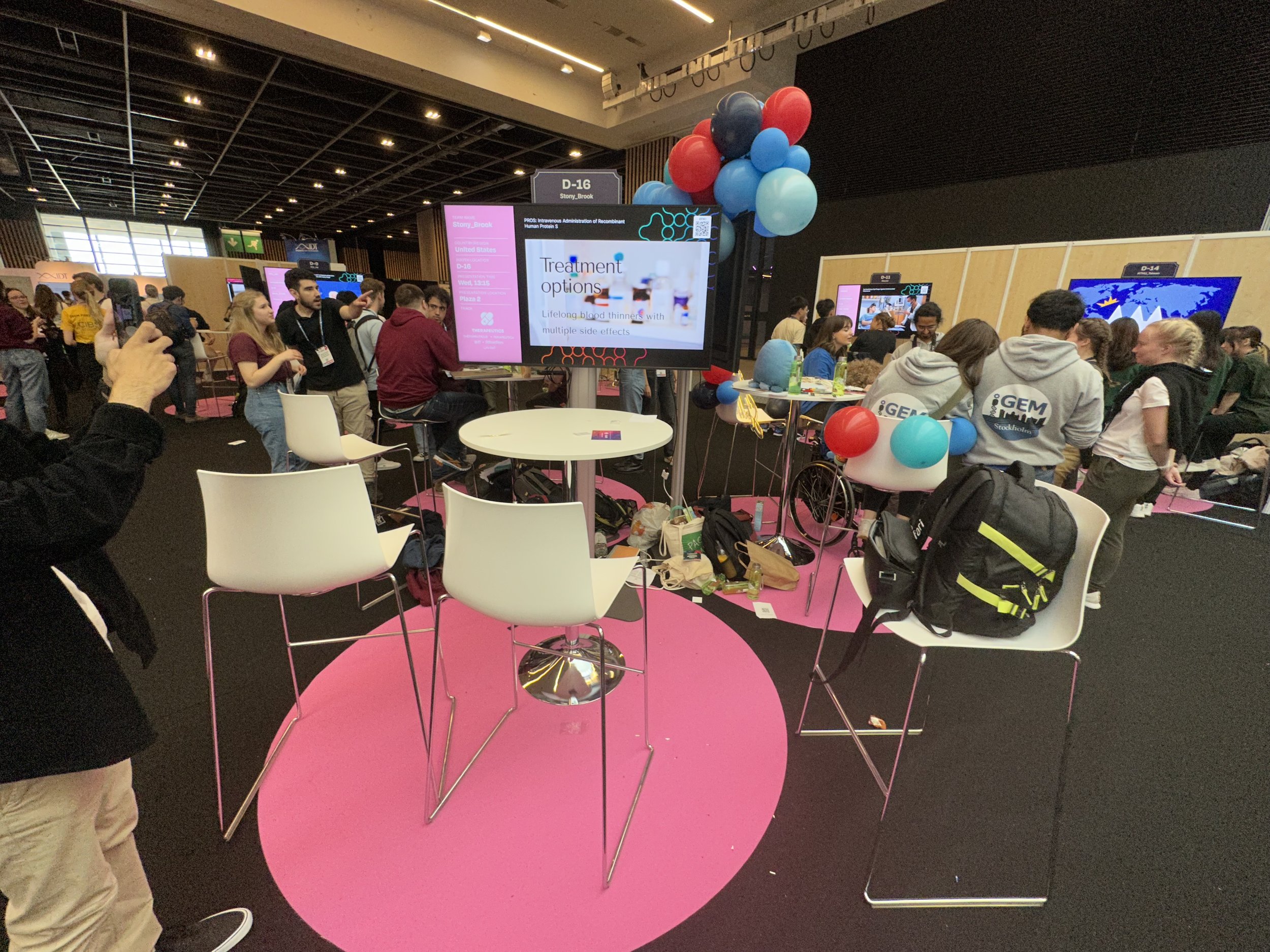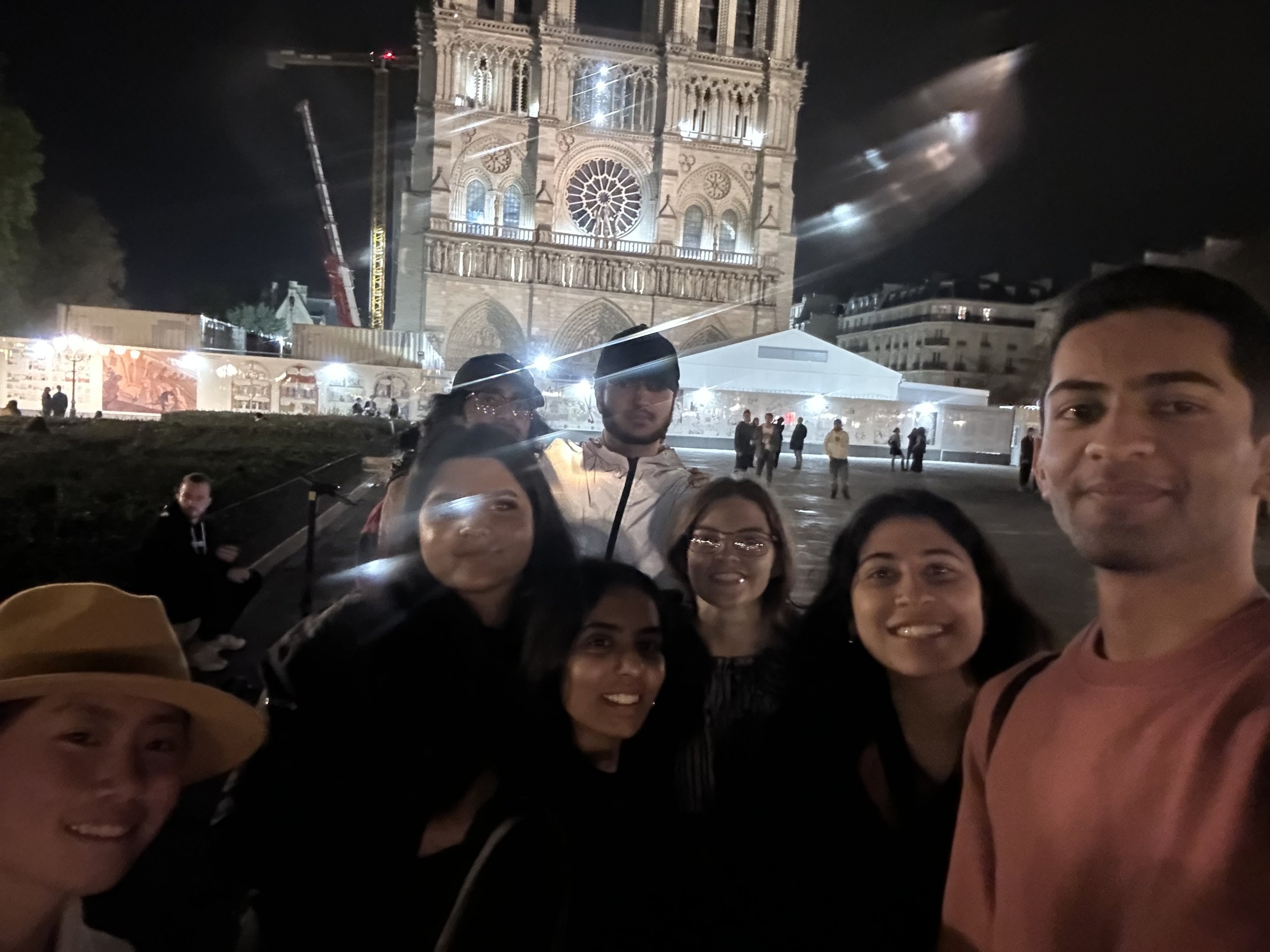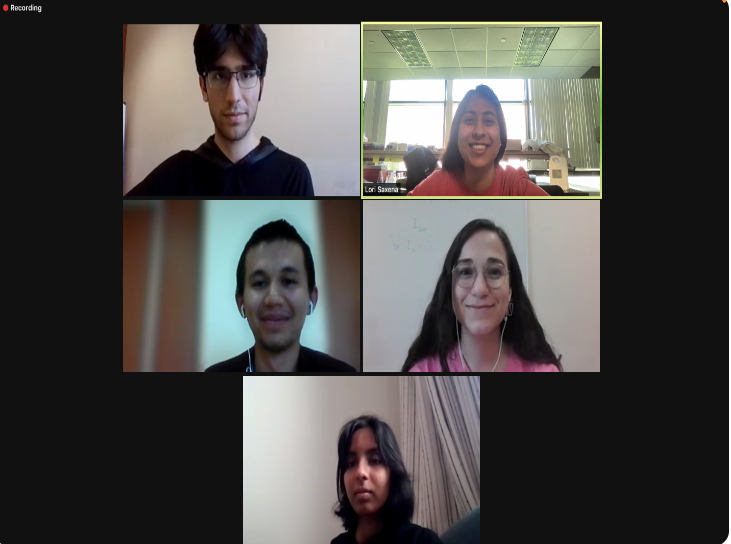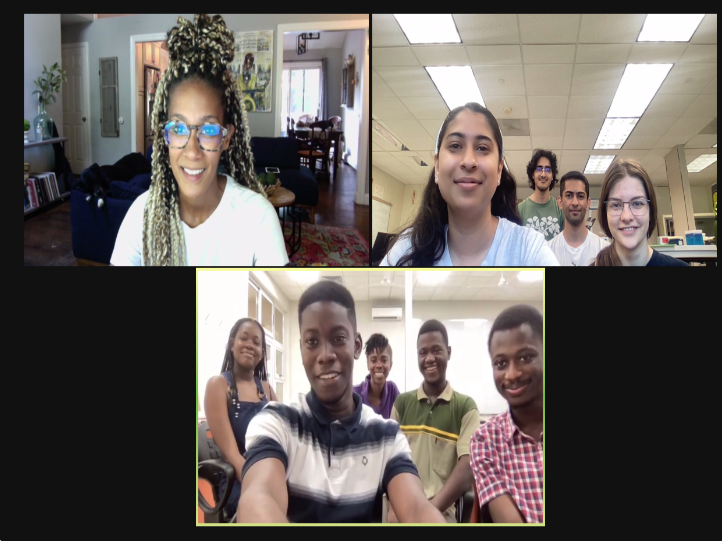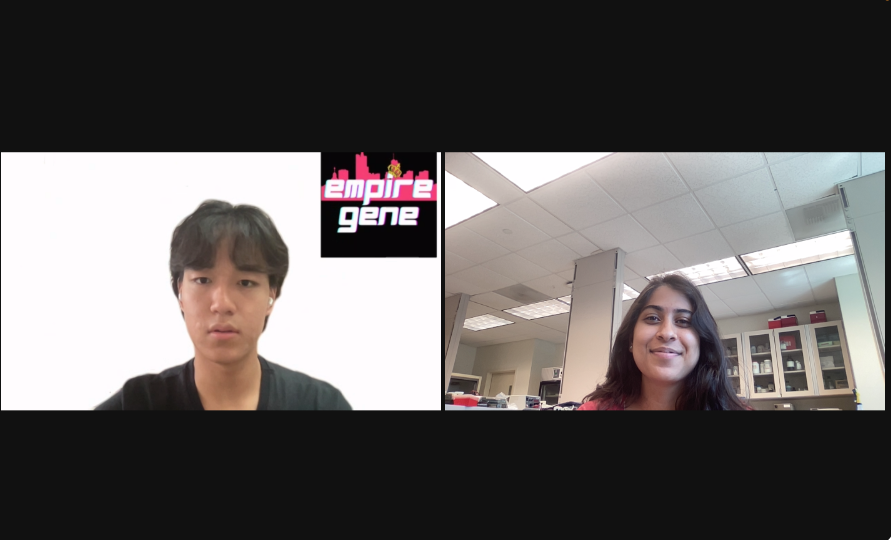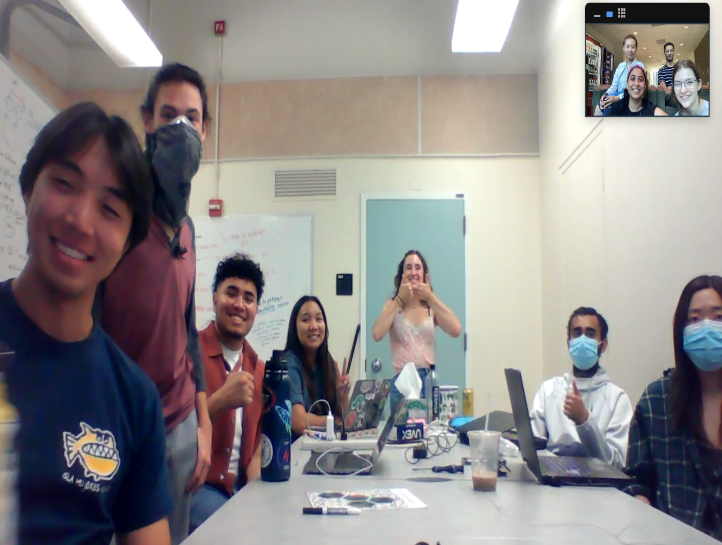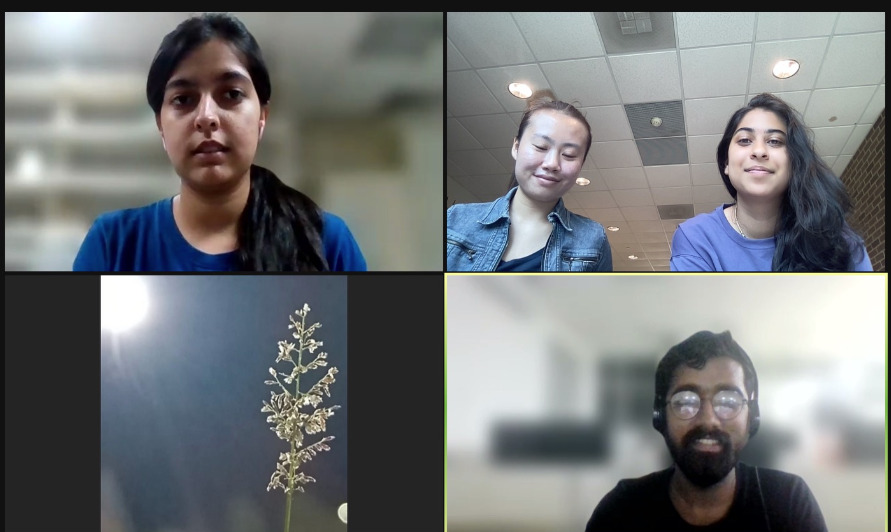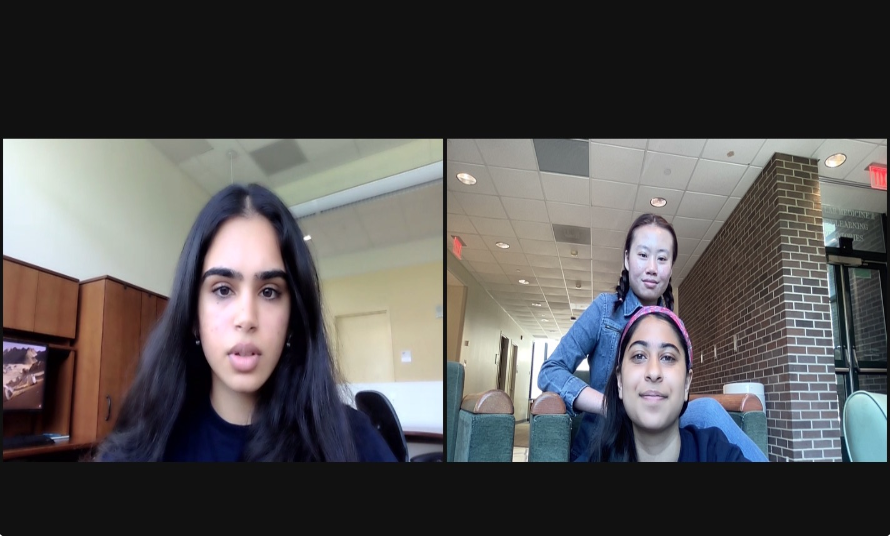Stony Brook University’s 2022 iGEM Team, Progress Report
This project raised $4,585.44 with 67 science-loving contributors, like you!
Progress Report #1
January 2023
After months of hard work and thanks to your generous and unending support, we managed to collect enough financial resources to buy all the necessary lab supplies and reagents without which our research on Protein S deficiency would not be possible to complete.
We managed to successfully complete expression of Protein S backbone in Origami B E. coli cells. We have also been able to collect just enough resources to participate in person iGEM Jamboree where we presented our project and received a gold medal in the competition between hundreds of other teams.
What we learned is invaluable and will be passed down to future iGEM teams of Stony Brook University. None of this would be possible without our contributors. Each and every one of our supporters has our most sincere thanks for supporting the youth in science.
Sincerely yours,
Team iGEM SBU ‘22
Project Highlights
Gold medal at iGEM’s global competition:
We are so excited and proud to announce that our team brought back a gold medal from the international iGEM competition in October of 2022! Here are some photo highlights of the conference:
Collaborations:
From creating a scientific journal, to exchanging lab protocols, to creating a children’s workbook, the Stony Brook iGEM team has collaborated with around fifteen different teams from across the world, forming deep bonds and working to bring everyone in the iGEM community together in a productive and collaborative way.
Proof of concept & Implementation:
The overall goal of our project was to express recombinant protein S suitable for administration directly into the human bloodstream. E.coli is one of the organisms of choice for the production of such recombinant proteins. It has been well-established for use as a cell-factory and is, by far, the most popular expression platform. We also aimed to use the Bac-to-Bac baculovirus expression system, which enables the efficient production of recombinant baculovirus for expression testing in insect (SF9) cells. Our lab experiments demonstrated success in designing the recombinant vector and expression of Protein S from E.coli Origami B (DE3) cell strain. Our modeling of constitutive and regulatory gene circuits of E.coli and SF9 provided us an insight into protein and mRNA production kinetics and influenced our wet lab decision-making. Our implementation highlights a potential therapeutic approach in treating protein S deficiency using recombinant human protein S.
Learn more about our experimental results here
Learn more about our proof of concept here
Learn more about our implementation here

